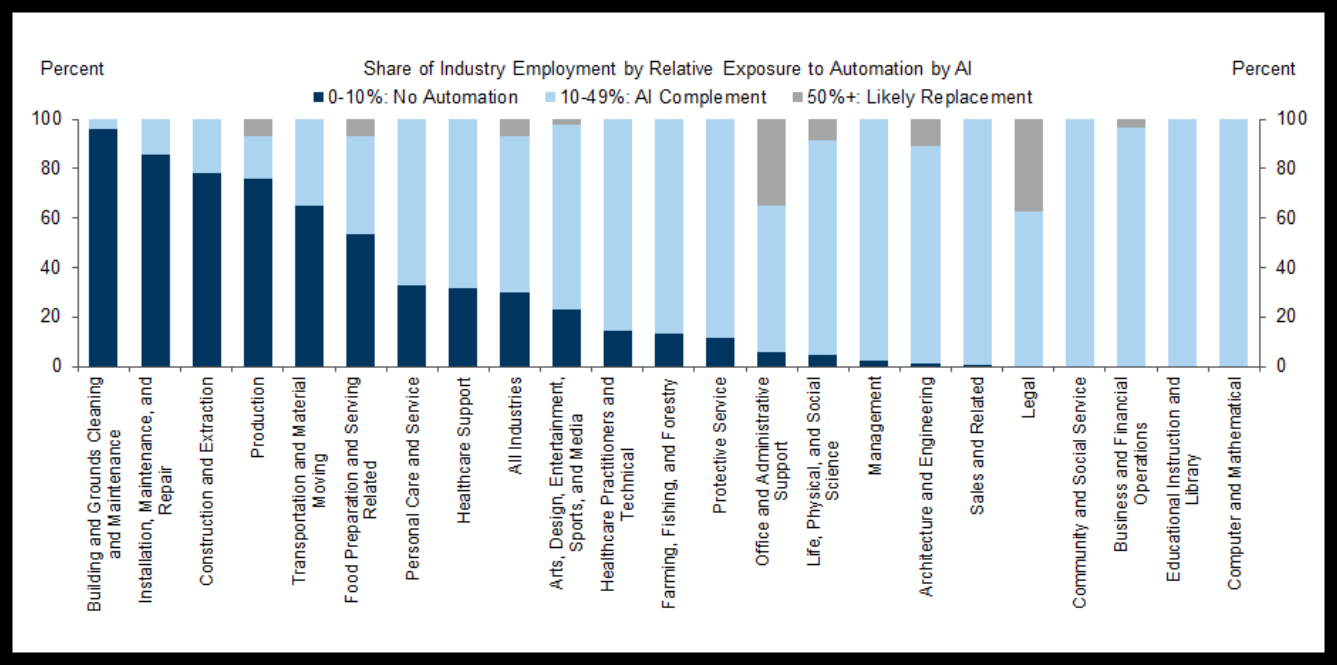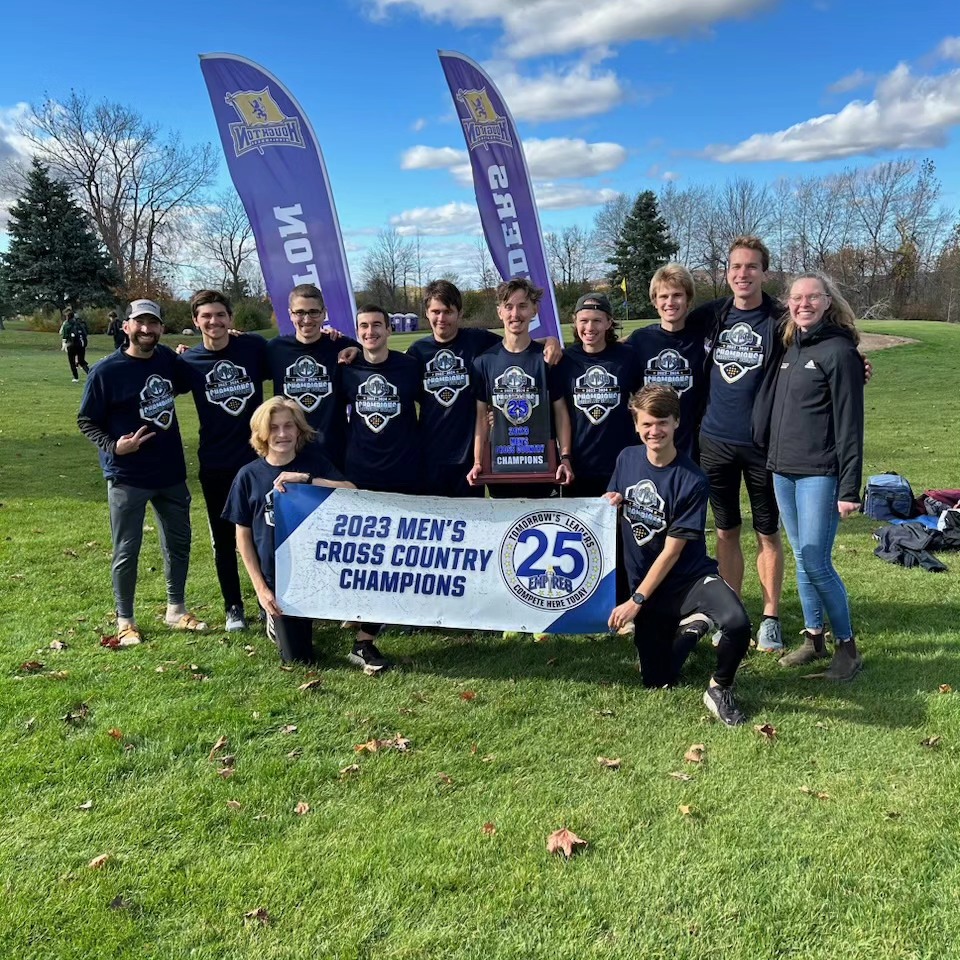Category: Stories In Focus

March 22, 2024
Stories In Focus
Impacts of AI on the Job Market
By Christian Welker ('24) “I am interviewing you, ChatGPT … about the effects of Artificial Intelligence on education and the…
March 15, 2024
Stories In Focus
Feature: Jesse Sharpe
By Anna Catherman ('24) Dr. Jesse Sharpe has had a fruitful year of teaching, researching, and speaking. Over the past…
March 08, 2024
Stories In Focus
Feature: Carolyn Miller
By Anna Catherman ('24) When Carolyn Paine left the Houghton to go to Vietnam in 1961, she “didn’t cry until…
February 09, 2024
Stories In Focus
Feature: Mercy Seat and Koinonia
By Rebecca Dailey ('25) Both Mercy Seat and Koinonia (Koin) are just two of several ways students can participate in…
January 26, 2024
Stories In Focus
Feature: Dean Jordan
By Jiana Martin ('26) Dean Michael Jordan has been Houghton’s full-time Dean of the Chapel for 12 years. Additionally, he…

November 17, 2023
News, Campus, Stories In Focus
Willard J. Houghton Library
By Rebecca Dailey ('25) The Willard J. Houghton Library comprises about 200,000 physical books and an online database with roughly…

November 10, 2023
Stories In Focus
Feature: Patrick Hager
By Abigail Bates ('26) Patrick Hager is in his 10th year of being the Head Cross Country and Track &…
November 05, 2023
News, Campus, Stories In Focus
Inside the Board of Trustees
By Rebecca Dailey ('25) The Houghton University Board of Trustees is a group of volunteers, mostly composed of alumni, who…

November 05, 2023
News, Campus, Sports, Stories In Focus
Social Division: Athletes and NARPs
By Sophia Vernon ('26) “ are a clique because they all know each other,” stated Abigail Franz (’25), adding that…
October 27, 2023
Stories In Focus
Board of Trustees Meeting
By Cody Johnson ('24) The Houghton University Board of Trustees met on Oct. 23 to Oct.24 under the leadership of…
